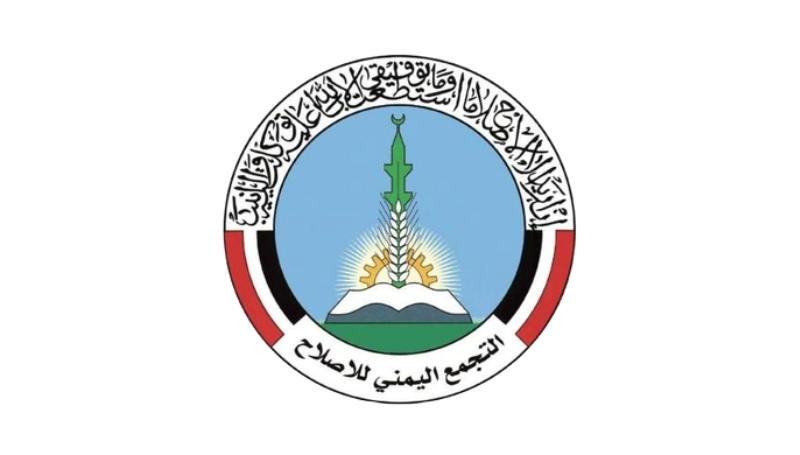Michael Rubin
National Security Journal, July 8, 2025
“Given incontrovertible proof that Muslim Brotherhood activists in the United Arab Emirates plotted a violent coup should be cause enough for a blanket designation of Al-Islah there.”
It’s déjà vu all over again as Western diplomats reject terror designations because they believe a broad net is counterproductive.
The European Union refused to designate Hezbollah, for example, arguing that to do so could destabilize Lebanon as Hezbollah had interwoven itself into the country’s political fabric.
There has been little introspection in Brussels about how Israel’s castration of Hezbollah terrorists and its elimination of the group’s military campaign has actually revived Lebanon’s hopes for peace after decades of war.
The same debate repeated with in the run-up to President Donald Trump’s designation of the Islamic Revolutionary Guard Corps. Critics chastised him both because the Revolutionary Guards are part of the Iranian military and also because as an organization, the Guards are not solely military, but also is a major actor in Iran’s economy. That was the point, however. By recognizing that the Islamic Revolutionary Guard Corps’ economic wing enabled its terror, the United States could not only mow the grass, but uproot its roots.
Why Diplomats Oppose Designating the Muslim Brotherhood
Now, a similar debate rages in Washington about whether the United States should designate the Muslim Brotherhood as a foreign terror organization.
U.S. allies such as Bahrain, Egypt, and the United Arab Emirates already do so. The State Department resists the broad designation for two reasons. First, the Muslim Brotherhood is diffuse; it is not simply a structure, but also an ideology. Diplomats fear defining where the group ends. Second, the White House faces lobbying from states sympathetic to or captured by the Muslim Brotherhood like Qatar and Turkey. …SOURCE


